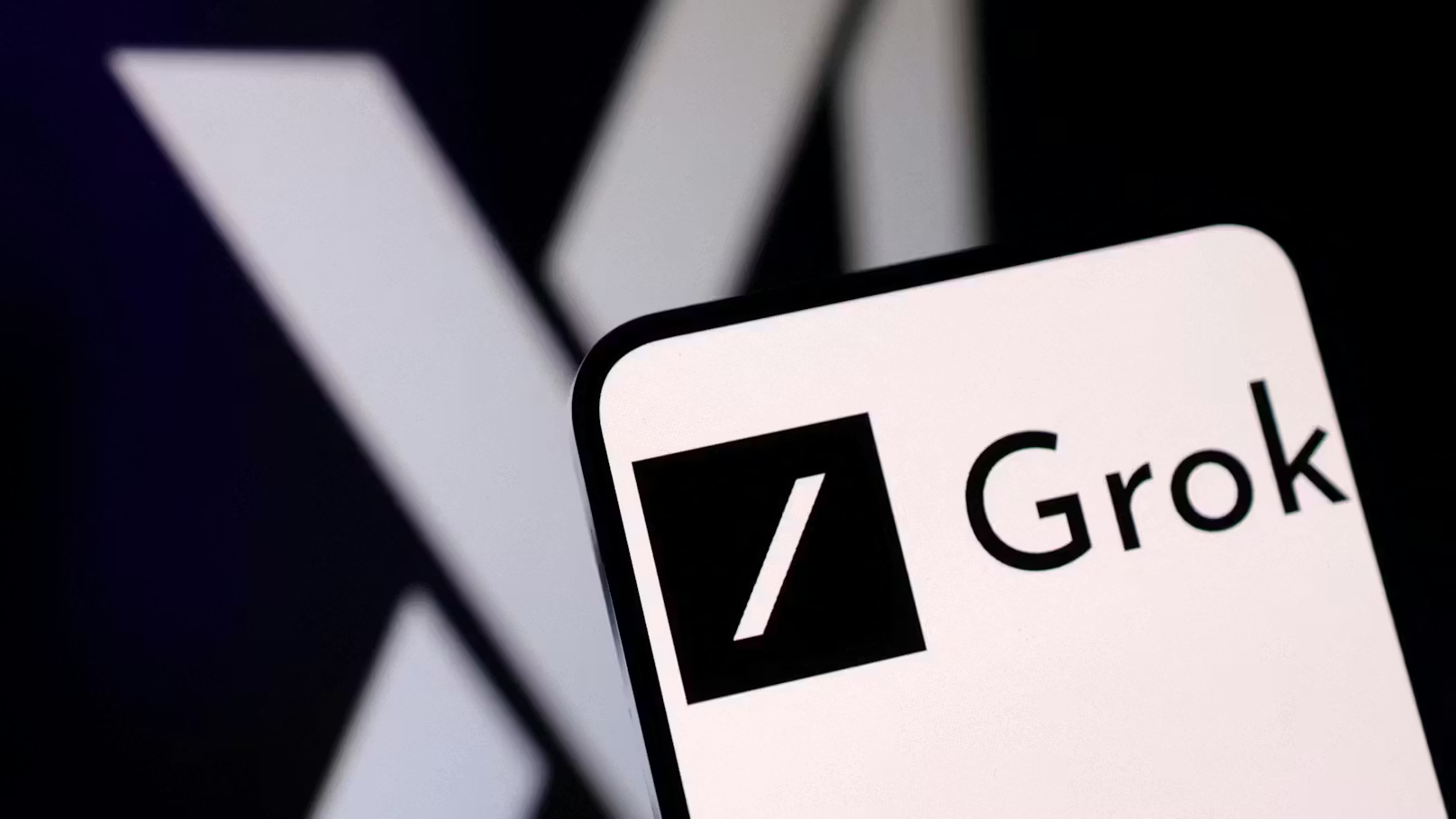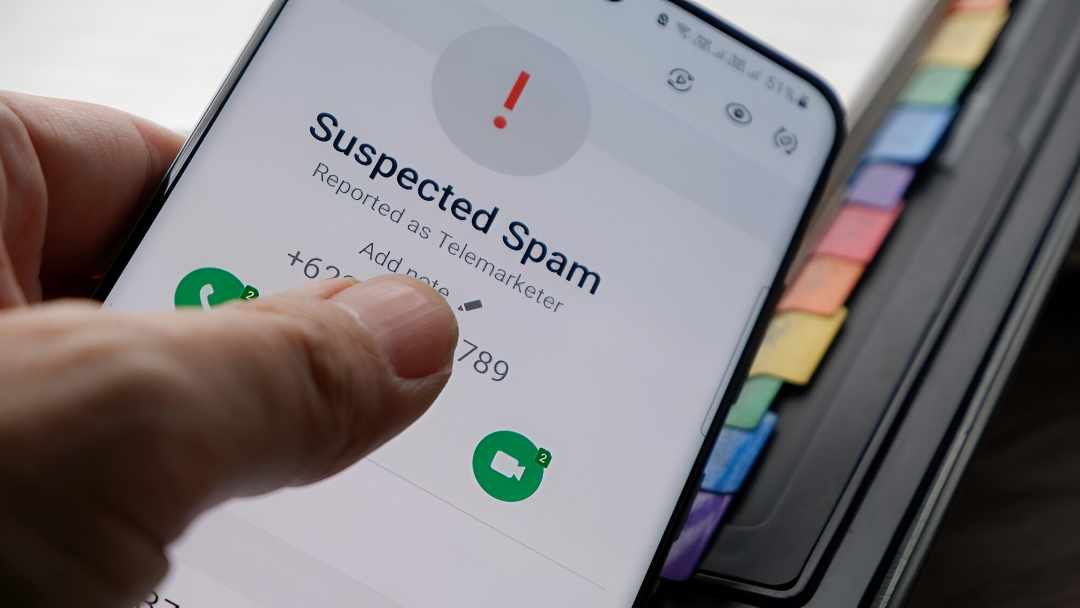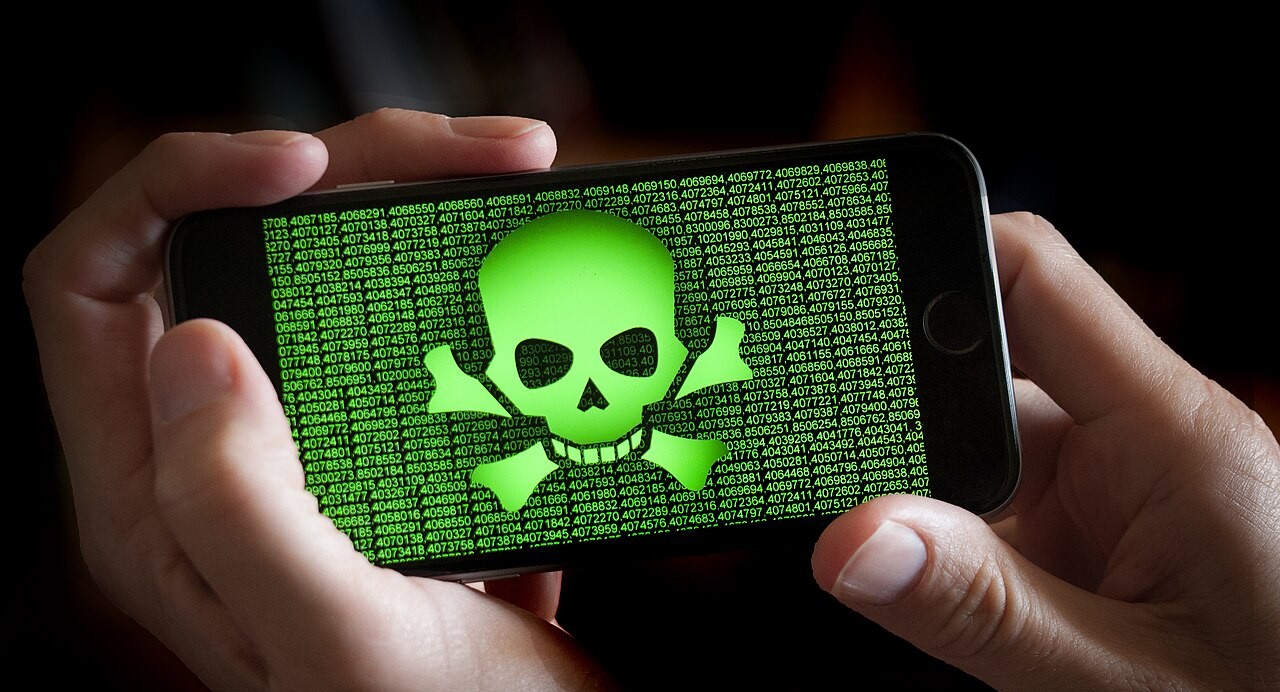Gaming just became evidence. The Secret Service and FBI are dissecting Tyler Robinson’s 11-year Steam account following his alleged shooting of Charlie Kirk, turning thousands of hours of Sea of Thieves and Helldivers 2 into criminal investigation material.
When Gaming Profiles Become Crime Scenes
Robinson’s digital footprint reveals extensive gaming history and coded references to the shooting.
Robinson logged nearly 5,000 hours across his Steam library, including 2,148 hours sailing the virtual seas in Sea of Thieves and 399 hours fighting fictional fascists in Helldivers 2.
The connection turned sinister when investigators found bullet casings at the crime scene engraved with “Hey, fascist! Catch ↑ → ↓↓↓”—the exact button sequence for summoning orbital bombardments in Helldivers 2. Another casing referenced the furry community, matching a “Furry Shades of Gay” sticker on Robinson’s Steam profile.
Federal agents are analyzing whether these gaming culture references suggest ideological motivation or coded communication patterns.
Discord Confession Triggers Multi-Platform Investigation
Robinson’s chat group admission expands scrutiny beyond Steam to broader online communities.
Robinson confessed to the shooting in a Discord group before surrendering, prompting FBI investigation of over 20 group members for potential complicity. Discord’s internal review found no evidence Robinson planned the attack or promoted violence through their platform, yet the confession highlights how gaming platform and social platforms interweave in criminal cases.
Beyond the gaming evidence, investigators are conducting forensic analysis across Robinson’s digital presence, examining text messages, game reviews, and his temporary use of “Donald Trump” as a Steam username.
Congress Demands Platform Accountability
CEO testimony hearings signal regulatory pressure on gaming and social media companies.
The House Oversight and Government Reform Committee has summoned executives from Steam, Discord, Twitch, and Reddit to testify about platform policies and user safety regarding radicalization. This Congressional response reflects growing governmental concern about online communities’ role in political violence.
However, experts caution against overreach. As extremism researcher Mark Levin said, “If you target a platform, young people and extremists will find a new place to go. Discord is just the latest device, much like the cell phone.”
The digital investigation expanded when authorities discovered gaming hours alone don’t indicate radicalization—analysts emphasize that extensive playtime is common among dedicated gamers. Yet this case sets a precedent for video games platform surveillance that extends far beyond Robinson’s situation, raising questions about digital privacy rights and the boundaries of evidence collection in online spaces where millions game daily.




























